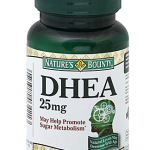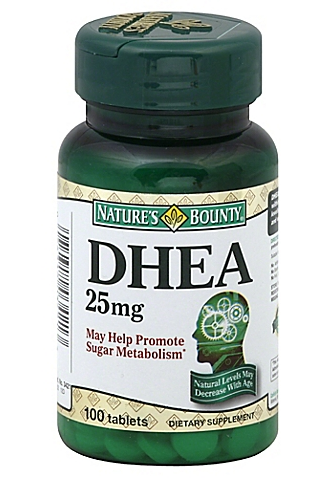 The issue of hormone replacement therapy for women is not new, and has rarely lacked controversy.
The issue of hormone replacement therapy for women is not new, and has rarely lacked controversy.
HRT has been heralded as the fountain of youth for women, and also demonized for causing cancer and heart disease. "Facts" have changed overnight, though initially most came from the Women's Health Initiative in 2004, which indicated that HRT posed a significant risk to women who were being treated.
The ensuing panic caused most women to discontinue using the drugs. Subsequent analyses revealed that the findings were more nuanced than what was initially reported: HRT had modest benefits and risks depending on which drugs (estrogen plus progestin or estrogen alone) were used, the dose, the age of the women who took them, and the length of time that HRT was used. Today, HRT is primarily used to treat menopausal symptoms rather than a lifetime of disease prevention.
Although current use is considered to be safe, it is clear that the drugs, which are sex hormones, are powerful and non-selective, eliciting multiple physiological effects. For example, the combination of estrogen plus progestin resulted in:
- Increased risk of heart attack
- Increased risk of stroke
- Increased risk of blood clots
- Increased risk of breast cancer
- Reduced risk of colorectal cancer
- Fewer fractures
- No protection against mild cognitive impairment and increased risk of dementia (study included only women 65 and older)
A Phase III study has shown that a different sex hormone, dehydroepiandrosterone (DHEA), when administered as a vaginal suppository, was very effective in relieving postmenopausal symptoms, such as dryness, painful intercourse and a thinning of the vaginal lining. DHEA is being tested as an alternative to intravaginal estrogen, and has the added benefit of working locally in vaginal cells without being released into the blood.
Why might this be important?
Dr. JoAnn V. Pinkerton, the executive director of the North American Menopause Society said, "Its action seems to be entirely within the cells, and no significant amount of sex hormone gets released into the circulation. ... That means that intravaginal DHEA avoids the raised hormone levels that might stimulate breast tissue or the lining of the uterus, which are concerns for women at risk of estrogen sensitive cancers, or cancer recurrence..."
Since HRT can promote certain cancers, it should be used carefully and under the supervision of a physician, right?
Wrong.
This is a logical conclusion. But what is NOT logical is that you can buy the exact same drug in the dietary supplement aisle of your ... supermarket. And it is a pill. You swallow it. So, you will get plenty of it in your blood. How much? Consider the following: The capsule that the women in the clinical trial used contained 6.5 mg of DHEA, almost all of which stayed in the surrounding tissue. Then there's this:
In case you may want to promote "sugar metabolism," somehow it's a good idea to swallow four-times the dose of a drug that is formulated in a way that it does not to get into the blood.
If there is a better example of the insanity that is called the Dietary Supplement Health and Education Act of 1994 (DSHEA), co-sponsored by Utah Sen. Orrin Hatch, good luck finding it.
DHEA is a precursor to both male and female sex hormones. It is also an anabolic steroid, which is banned in athletic competition. Yet, somehow under DSHEA, it is considered an addition to your diet. Anyone else see a problem here?
What is even funnier, is that a know-nothing like Nick Kristof of the New York Times writes hysterically about how he won't touch cash register receipts because they contain traces of the plastic component BPA (which is falsely accused of monkeying with your sex hormones). I don't know why he isn't writing about DHEA, which is directly converted into sex hormones. And you swallow it. Lots of it.
So, while Nature's (BS) Bounty is selling you this non-drug to make up for non-existent deficiencies of it in your diet, the exact same drug has undergone years of clinical studies so that it might be approved by the FDA. That's the same agency that has no power to remove it a yet to be unapproved drug from from the shelf.
Here is something else that is found on supermarket shelves. I believe it captures the essence of Sen. Hatch's cuckoo DSHEA rather well:





